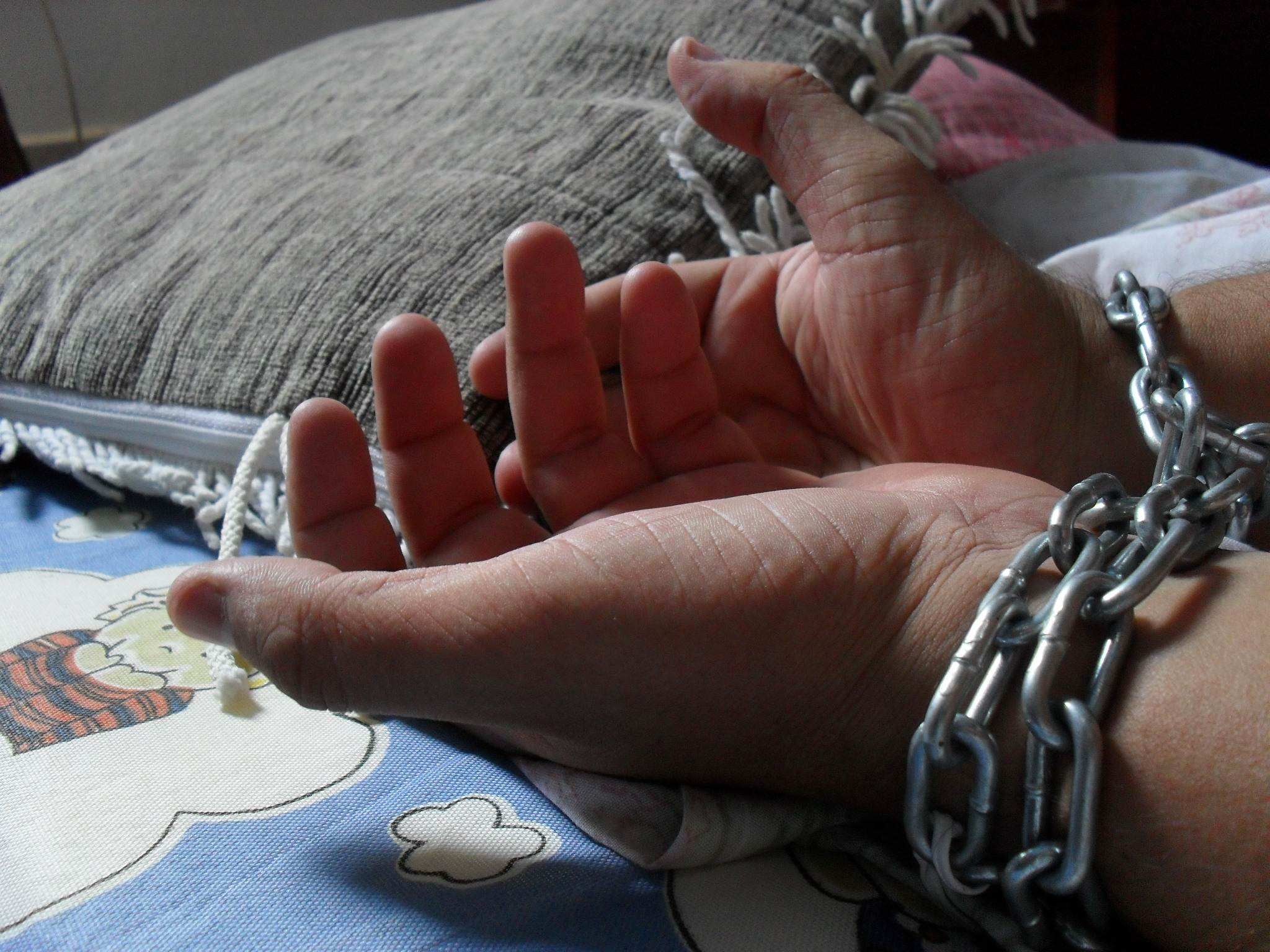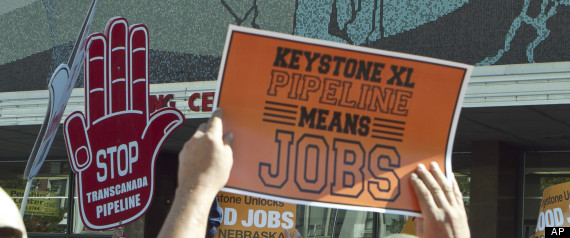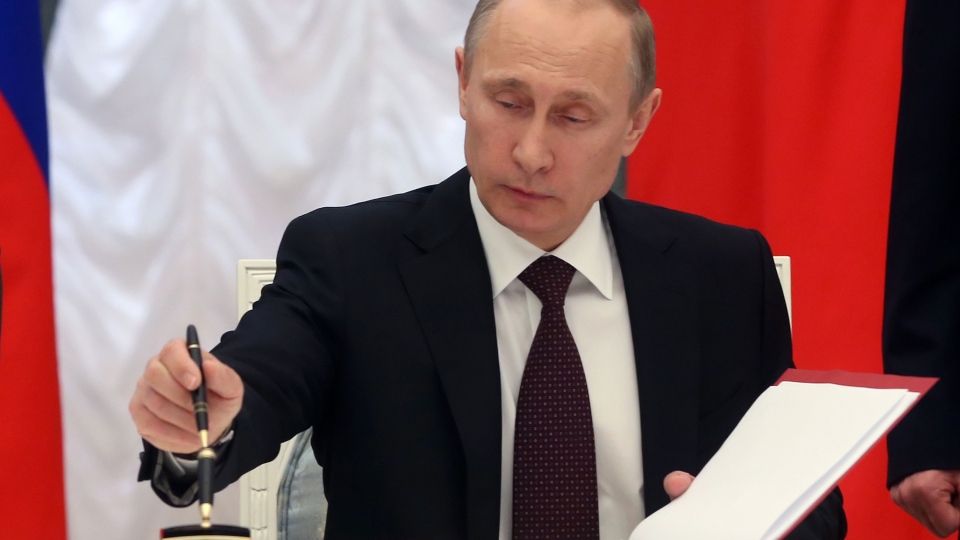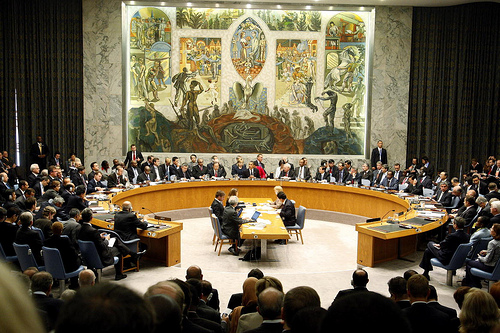Every year, the U.S. State Department issues its annual Trafficking in Persons report which documents human rights abuses around the world, and gives a reminder that slavery is alive and well. President Barack Obama has called the fight against human trafficking “one of the great human rights causes of our time” and has pledged the United States “will continue to lead it.” The report, which evaluated 188 countries and territories this year, calls itself the world’s most comprehensive resource of governmental anti-human trafficking efforts. Countries are ranked using a tier system, where the level of trafficking as well as the governments’ efforts to combat the problem are taken into account.
Countries whose governments fully comply with the Trafficking Victims Protection Act’s (TVPA) minimum standards.
Tier 2
Countries whose governments do not fully comply with the TVPA’s minimum standards, but are making significant efforts to bring themselves into compliance with those standards.
Tier 2 Watch List
Countries whose governments do not fully comply with the TVPA’s minimum standards, but are making significant efforts to bring themselves into compliance with those standards AND:
a The absolute number of victims of severe forms of trafficking is very significant or is significantly increasing;
b There is a failure to provide evidence of increasing efforts to combat severe forms of trafficking in persons from the previous year; or
c The determination that a country is making significant efforts to bring itself into compliance with minimum standards was based on commitments by the country to take additional future steps over the next year.
Tier 3
Countries whose governments do not fully comply with the minimum standards and are not making significant efforts to do so.
While simply ranking a country will not eliminate human trafficking, the report often embarrasses countries into action and many aggressively lobby U.S. embassies to avoid sliding into lower tiers. There is the possibility of penalties for countries demoted to Tier 3, which could include restrictions on non-humanitarian assistance and funding. The leverage has had some success, including pressuring Switzerland to close loopholes that allowed the prostitution of minors and prompting the Dominican Republic to convict more child trafficking offenders.
The report is a collaboration between independent government analysts, who are specialists in assessing efforts to combat modern slavery, and senior American diplomats. A Reuters examination of the 2015 Trafficking in Persons report shows that the analysts were repeatedly overruled by the diplomats and pressured into inflating assessments of 14 strategically important countries. Analysts raised objections to 17 country ratings assigned by top staffers, but only prevailed on three of those cases, the lowest such percentage since the U.S. government began issuing the report in 2001.
Among the countries that received higher rankings than recommended were Malaysia, Cuba, China, India, Uzbekistan and Mexico. The number of rejected recommendations suggests a degree of intervention not previously known by diplomats. The possibility that the report has been manipulated for political purposes is significant given that it can lead to sanctions and is the basis for many countries’ anti-trafficking policies.
Honest appraisals of countries’ records on trafficking are vital to the integrity of a process that is meant to hold nations accountable. Manipulation places the process at risk as “it only takes one year of this kind of really deleterious political effect to kill its credibility,”
The raising of Malaysia from its previous Tier 3 position up to the Tier 2 Watch List, has caused the most controversy due to the countries dismal record with human trafficking and its strategic importance to the United States. Malaysia’s relatively large economy is a magnet for migrants from poorer neighbouring countries and among Malaysia’s estimated two million documented foreign workers and two million or more undocumented foreign workers, many are victims of human trafficking. In May of 2015, abandoned makeshift prisons and mass graves were discovered along Malaysia’s border with Thailand, containing the bodies of hundreds of migrants from Myanmar and Bangladesh. The raids, arrests and talks came after the cut-off for consideration in this year’s report, yet Thailand remains on Tier 3.
The current administration is looking to finalize the Trans-Pacific Partnership, a trade agreement spanning the Pacific Rim, and congress recently granted President Obama fast-track powers to complete negotiations on the deal, but prohibited him from doing so with Tier 3 ranked countries. The deal is a crucial part of his pivot to Asia policy, and therefore immediately drew the anger of critics, who sought to link the improved standing of Malaysia to the trade deal. Labor advocates claim the upgrade undermines Obama’s repeated vow that the TPP deal would include robust, enforceable labor standards.
Malaysia’s promotion does not mean the State Department believes the country is tough enough on human trafficking, or even that it is close, it merely suggests progress. With changes such as reforming its victim protection program, the report concluded that Malaysia “is making significant efforts” to meet the standards, thereby making it eligible for a promotion to the Tier 2 Watch List. Many Asian countries struggle with high levels of human trafficking, and yet only Thailand, North Korea and the Marshall Islands, were placed in Tier 3 of the report. Most of the countries in Tier 3 enjoy limited ties to the United States or are hostile to American interests, like Syria and Russia.
State Department spokesman Mark Toner insisted the rankings are decided through “rigorous analysis” and said, “We stand by the process.” Officials working in the office acknowledge that countries with sensitive diplomatic or trade relationships with the United States sometimes received special treatment following pressure from local embassies. Privately, some diplomats say that state department staffers should avoid acting like “purists” and keep sight of broader U.S. interests. Many believe it is more important to maintain open channels with authoritarian governments, and rather than simply condemning nations and placing further sanctions, we should look to forge trade deals that could lift people out of poverty.




